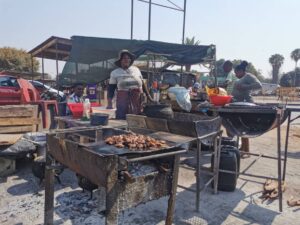
By: Kandjengo kaMkwaanyok
Sometimes I really wish I could take a loudspeaker, and drive or walk around Government Park, State House, and also spend an hour in front of City of Windhoek offices and every municipality shouting ‘your perspective on the informal economy matters’.
I will add that ‘informality is man-made’.
I thought of this piece not because an informal trader has taken care of me and a bunch of other ungrateful kids, but because I have been enjoying Mee Innocent’s pap and vleis for a while now.
Every time I go to Tsumeb, for lunch and dinner, my brother and I park our taxi somewhere near Track Service Station and indulge in Mee Innocent’s cooking.
And by the look of things, it is not only me- if you are in doubt, just go make a turn there and observe from a distance during the evening to see a bunch of bachelors and bad cooks like me queuing up there.
Another interesting observation I have made is this: all classes of income do come through to eat there.
The most respected people in Tsumeb are mine workers, municipality people, and bankers. However, the all seasoned monied people are fruits and vegetable vendors – so all of us meet there.
The diversity of people in terms of income levels and classes is something that screams volumes for me, and it inspired me to gather my thoughts.
Why do we call it the ‘informal’ sector? Which part is ‘informal’ and what do we consider formal?
The ‘informal’ economy is the biggest sector in Namibia, in terms of employment and transactions; even in terms of participation and ability to generate income for households.
Is it because they are operating in the open spaces and in different structures- but whose fault is that, though?
I want to understand why the biggest employing sector is treated like a stepchild by the policymakers and administrators of local authorities .
The open markets are either built on the outskirts of a town or relocated from the centre of a town to the edge where there is lowhuman traffic, like the case of the Oshakati municipality.
The police are sent to harass the vendors and kick those that are trading and taking advantage of the presence of people to do business.
The sector is so neglected and absent in many policies and in parliamentary discussions.
The irony is also here; we keep advocating for entrepreneurship and hustling but we aren’t providing such an incubating and comforting environment for our aspiring entrepreneurs and hustlers.
We are hypocrites or just confused headless chickens who are quite two-faced, ignorant and self-sabotaging.
Our limited understanding of entrepreneurship is evident in our treatment of the ‘informal’ economy and micro entrepreneurs, who operate their small business ventures with limited resources, capital, and staffing.
I think our call for economic inclusivity is mere rhetoric. How do we stand up and say Namibians should participate and take ownership, while at the same time make it cumbersome and discouraging for them?
You want me to start with the tax certificate, a lawyer, an accountant, employees and to rent in Wernhil Park. How is that possible?
I am just starting, I am testing the market.
Please allow me to start, and gradually enable me to comply with the existing structures that can be costly to my budding enterprise.
Again, the government and municipalities and many of these regulatory bodies are not supportive. Nobody is there to do the watering to my germinating seeds and teething stage at all but they all want me to behave in a certain way.
How about you guide me, walk with me, train me and register me- to ensure my survival?
Due to the absence of you all in my germinating phase, I will be walking around town selling my mealies. I am going to be in front of that supermarket to catch that traffic. Don’t chase me.
They are not ‘informal’ traders, they are aspiring entrepreneurs who lack support and coordination. It is your perspective and your view of their activities that matters.
Our collective approach matters to uplift and assist the country’s budding entrepreneurs that are operating around our city and towns.
They are mobile/walking around not because they have energy to walk around but because they go where customers are and what the traffic dictates.
So our solution to the less-structured sector should be tailor-made and guided by each local authority’s dynamics.
Let us build an inclusive and accommodating economy. Email: gerastus16@gmail.com.na
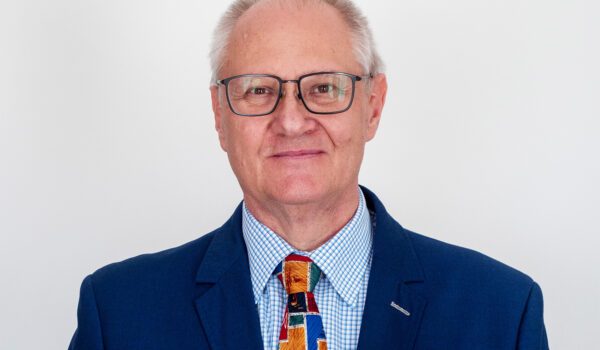



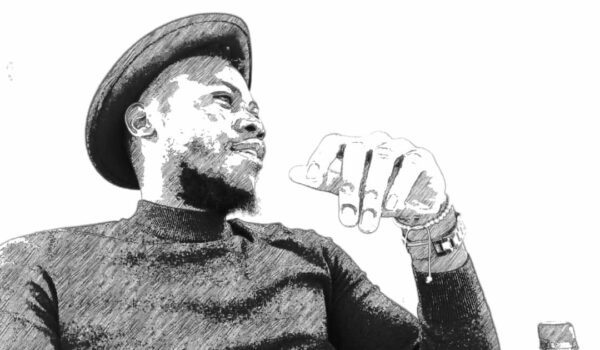

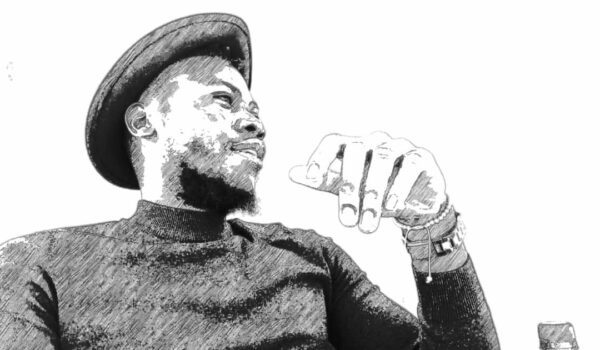
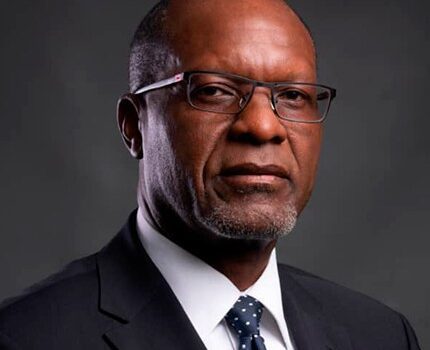

Comments